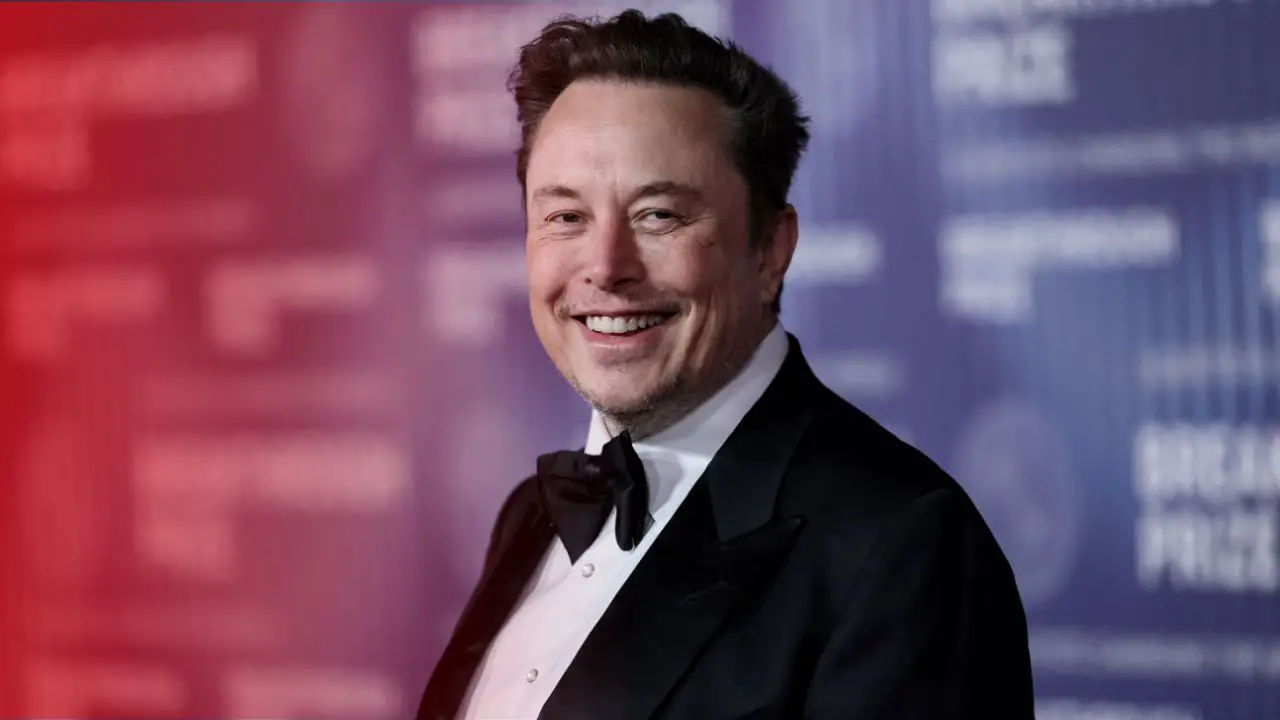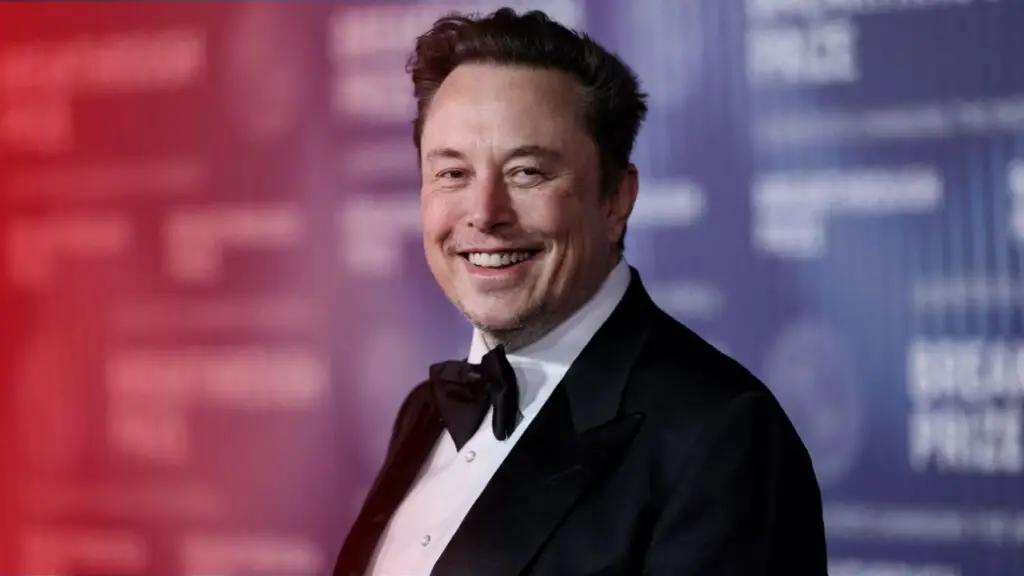Elon Musk’s Critique of the “One Big Beautiful Bill Act” Sparks National Debate on Fiscal Responsibility


June 4, 2025 – The United States finds itself at a critical juncture as a fierce debate over fiscal policy and government spending intensifies, sparked by Elon Musk’s scathing critique of the recently passed “One Big Beautiful Bill Act” (OBBBA). On June 3, 2025, Musk, the influential tech billionaire and former co-chair of the Department of Government Efficiency (DOGE), took to X to denounce the bill, calling it a “disgusting abomination” that will balloon the U.S. budget deficit to a staggering $2.5 trillion. His comments have ignited a firestorm of reactions, exposing deep divisions within the Republican Party and raising broader questions about the nation’s fiscal future.
The “One Big Beautiful Bill Act”: A Controversial Milestone
The OBBBA, passed by the House on May 22, 2025, is a sweeping reconciliation bill championed by President Donald Trump and House Speaker Mike Johnson (R-LA). It aims to extend the 2017 Tax Cuts and Jobs Act (TCJA), increase defense and border security spending by $150 billion, introduce new tariffs, and implement significant cuts to social programs like Medicaid and the Supplemental Nutrition Assistance Program (SNAP). The bill also scales back clean-energy tax credits, a move critics argue will cost jobs and hinder climate progress.
According to the Congressional Budget Office (CBO), the OBBBA’s tax and spending provisions will increase the federal deficit by $2.6 trillion over the next decade on a conventional basis, before accounting for interest costs. On a dynamic basis, factoring in economic growth, the deficit increase is estimated at $1.7 trillion. The bill’s tax cuts alone are projected to reduce federal revenue by $4.1 trillion from 2025 to 2034, a figure that has alarmed fiscal conservatives and economists alike.
The bill’s passage in the House was narrow, with debates over Medicaid cuts nearly derailing it. Now, as it moves to the Senate, GOP leaders hope to deliver it to President Trump’s desk by July 4, 2025. However, the Senate’s Byrd Rule, which allows amendments to strike non-budgetary provisions, could lead to significant changes, potentially forcing the bill back to the House for final approval.
Musk’s Viral Critique and the Ripple Effect
Elon Musk’s X post on June 3, 2025, at 17:35 UTC, directly addressed the bill’s impact on the federal deficit: “It will massively increase the already gigantic budget deficit to $2.5 trillion (!!!) and burden America citizens with crushingly unsustainable debt.” This statement followed his earlier post at 17:31 UTC, where he labeled the bill a “massive, outrageous, pork-filled Congressional spending bill” and shamed its supporters. Musk’s comments were a direct response to the bill’s passage, building on his earlier criticisms reported by the BBC on May 29, where he expressed disappointment in the legislation, arguing it undermined DOGE’s efforts to cut government spending by $1 trillion.
Musk’s remarks resonated widely, trending on X under the title “Elon Musk’s sharp critique of Congress’s spending bill reveals deep divisions on fiscal policy and governance.” The @stats_feed account provided historical context, noting that the U.S. budget deficit has grown significantly over the years, reaching $1.83 trillion in FY 2024 after peaking at $3.13 trillion in 2020 during the COVID-19 pandemic. The projected $2.5 trillion deficit for 2025, as cited by Musk, marks a dramatic increase, raising concerns about long-term fiscal sustainability.
Responses to Musk’s post were varied and intense.
@PeterSchiff, a well-known economist, thanked Musk for highlighting the issue and urged President Trump to veto the bill if it passes the Senate in its current form. @JuanitaBroaddrick echoed Musk’s call for fiscal responsibility, warning, “We have to have fiscal responsibility or we’re doomed.” Meanwhile, @WorldofStatistics and @LibertarianMama criticized the bill’s broader implications, with the latter sharing an image depicting both parties as puppets controlled by corporate interests like BlackRock and AIPAC, suggesting a deeper systemic issue.
However, not all reactions were supportive. @DittiePE blamed Musk directly, stating, “It’s your goddamn fault. You got the fucker elected,” referring to Musk’s $250 million in donations that helped Trump win the 2024 election. @RedPillUSA and @IfindRetards took a more cynical view, arguing that both parties are complicit in perpetuating a “puppet show” that undermines democracy and prioritizes elite interests over the public good.
The Broader Context: A Nation Grappling with Debt
The U.S. national debt has been a growing concern for decades, as outlined by the U.S. Treasury’s Fiscal Data page. The federal government borrows by issuing securities like Treasury bonds to cover deficits when spending exceeds revenue. As of June 1, 2025, the national debt continues to climb, driven by recurring deficits. Historical spikes in the debt—such as during the American Civil War, World War I, the 2008 Great Recession, and the COVID-19 pandemic—have set the stage for today’s challenges. The Bipartisan Policy Center’s Deficit Tracker reported a cumulative FY 2025 deficit of $1.1 trillion by February 2025, an 18% increase from the previous year, with revenue growth lagging at just 2%.
The OBBBA exacerbates these concerns. The Center for American Progress estimates that the bill, combined with Trump administration health policy changes, will strip 14 million Americans of health insurance by 2034, with 8.6 million losing Medicaid coverage due to new work requirements and enrollment restrictions. Additionally, cuts to SNAP could affect millions, while the elimination of clean-energy tax credits threatens jobs in the renewable energy sector.
On the economic front, the Tax Foundation’s analysis suggests the bill’s tax provisions could increase long-run GDP by 0.8%, driven by lower marginal tax rates on work. However, this growth comes at a cost: the capital stock and wages grow minimally, and the deficit’s impact reduces American incomes by 0.2% relative to economic output. Moreover, Trump’s proposed tariffs, intended to offset revenue losses, are projected to negate over two-thirds of the tax cuts’ economic benefits, according to the Tax Foundation.
A Fractured GOP and a Divided Nation
Musk’s critique highlights a growing rift within the Republican Party. While Trump and his allies, including Senate Majority Leader John Thune (R-SD), tout the bill as a fulfillment of campaign promises—like tax cuts on tips and overtime—fiscal conservatives like Senator Rand Paul and Josh Hawley (R-MO) have voiced opposition. Hawley, in a May 2025 New York Times op-ed, called significant Medicaid cuts “morally wrong and politically suicidal.” The White House has pushed back against CBO estimates, claiming the bill’s tariffs and economic growth will mitigate the deficit, but experts like JP Morgan Chase CEO Jamie Dimon warn of a potential bond market crisis if spending continues unchecked.
Musk’s evolving relationship with Trump adds another layer of complexity. Having stepped back from DOGE and political spending after facing backlash for layoffs and foreign aid cuts, Musk now finds himself at odds with the president he helped elect. His comments on X, including a June 3 post at 19:32 UTC—“In November next year, we fire all politicians who betrayed the American people”—signal a willingness to challenge the GOP establishment, potentially reshaping the party’s trajectory ahead of the 2026 midterms.
The Path Forward: A Call for Accountability
As the OBBBA heads to the Senate, its fate remains uncertain. The Byrd Rule could strip provisions on AI regulations, gun control, and judicial power, while debates over Medicaid and the deficit intensify. Public sentiment, as reflected on X, leans heavily toward frustration with government spending, with users like @OldeWorldOrder advocating for single-item spending bills to replace omnibus legislation.
The broader implications of Musk’s critique extend beyond the OBBBA. With the national debt projected to reach 156% of GDP by 2055 under current law—and potentially 220% if tax cuts are extended permanently, per the Bipartisan Policy Center—the U.S. faces a reckoning. Rising interest payments, driven by Federal Reserve rate hikes to combat inflation (2.7% year-over-year as of November 2024), further strain the budget.
Elon Musk’s vocal opposition has brought much-needed attention to the issue, galvanizing a national conversation about fiscal responsibility, government accountability, and the role of influential figures in shaping policy. Whether his critique will influence the Senate, sway President Trump, or mobilize voters remains to be seen. But one thing is clear: the fight over America’s fiscal future is just beginning, and the stakes have never been higher.






